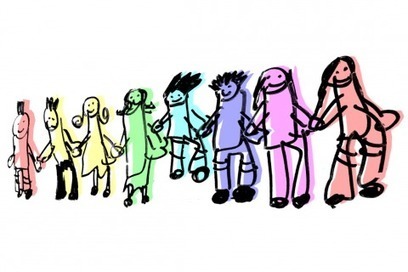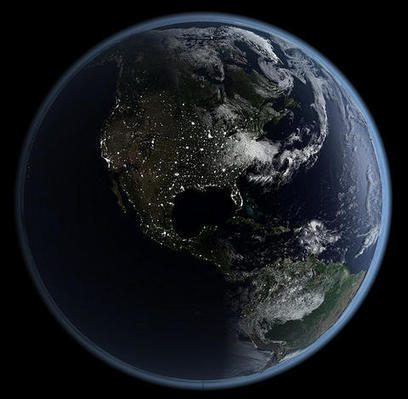
There is something unfair in the way this world is organised. Why is our environment deteriorating? Why is unemployment rising? We want a new vision for the future. The upcoming third industrial revolution needs a new economic paradigm.
The economy is crashing because money is no longer relevant. We can produce more food for more people than there is currently living on earth. Every household usually has a lawnmower, a car, a hammer..etc that isn't being used 98% of the time, which means more accessibility to resources if people learned to share.
We don't need money. We need an intelligent way to manage resources.



 Weber sees Enlivenment as an upgrade of the deficient categories of Enlightenment thought – a way to move beyond our modern metaphysics of dead matter and acknowledge the deeply creative processes embodied in all living organisms. The framework of Enlivenment that Weber outlines is a promising beginning for all those who stand ready to search for real solutions to the challenges of our future.
Weber sees Enlivenment as an upgrade of the deficient categories of Enlightenment thought – a way to move beyond our modern metaphysics of dead matter and acknowledge the deeply creative processes embodied in all living organisms. The framework of Enlivenment that Weber outlines is a promising beginning for all those who stand ready to search for real solutions to the challenges of our future.


